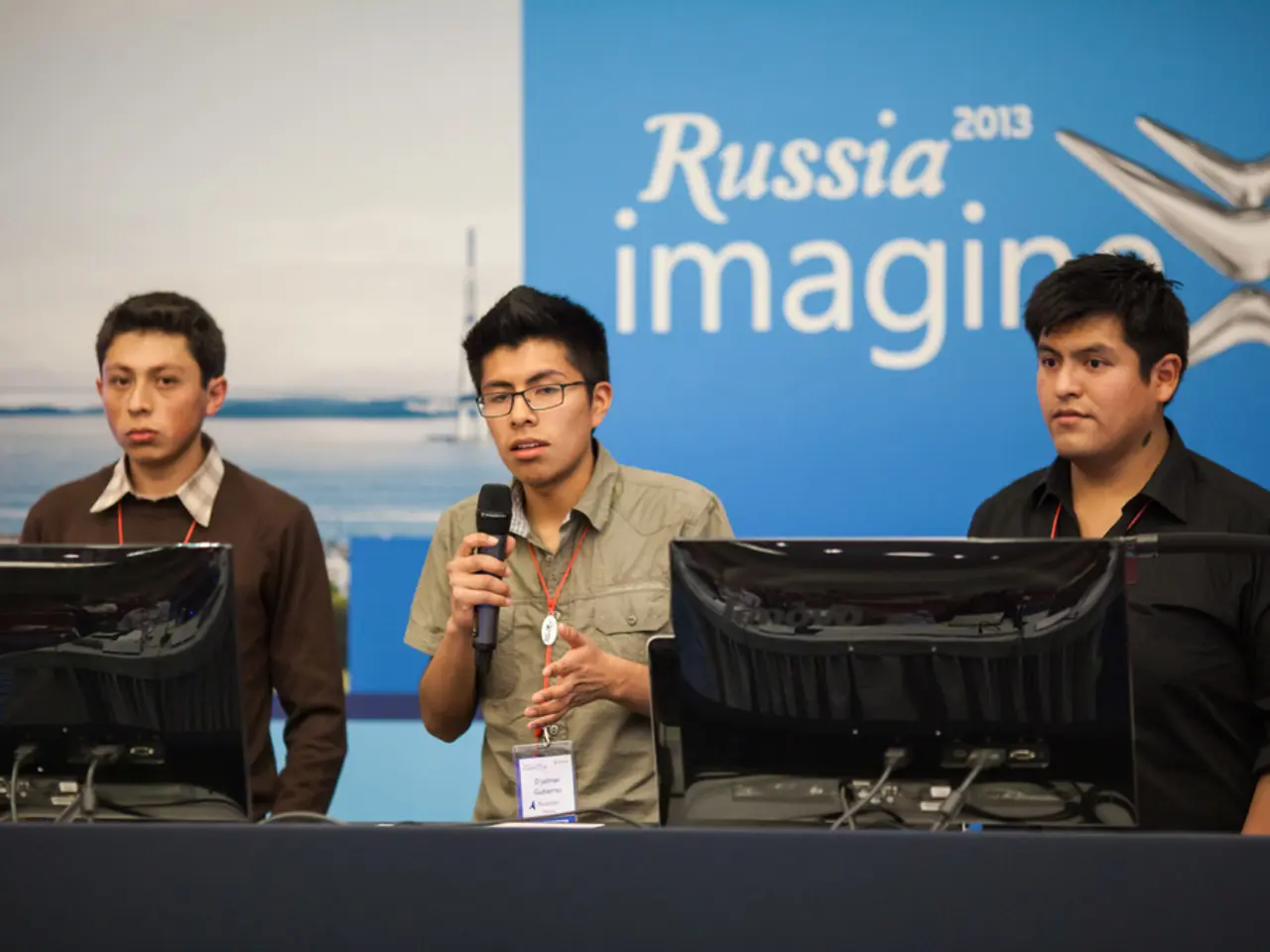Russia faced an 18th round of economic sanctions from the European Union
The European Union (EU) has enforced its 18th sanctions package against Russia, a comprehensive set of measures aimed at increasing pressure on Moscow amid the ongoing conflict in Ukraine.
The energy sector is a primary target, with the price cap on Russian crude oil lowered from USD 60 to USD 47.60 per barrel, effective 3 September 2025. Imports of refined Russian oil products into the EU are prohibited, and transactions involving the Nord Stream 1 and Nord Stream 2 gas pipeline projects have been restricted.
The financial sector is also under scrutiny, with the package replacing the SWIFT ban on Russia-related banks with a more extensive transaction ban, further restricting Russia's access to international financial systems.
In the military-industrial complex, export restrictions have been expanded to weaken Russia’s military capabilities and industrial base supporting its defense sector. The EU has increased efforts to combat sanctions evasion and target entities and practices designed to bypass earlier sanctions.
Accountability measures have been introduced to address Russia's crimes against Ukrainian children and cultural heritage, aiming to hold perpetrators accountable. The sanctions also explicitly target key individuals/entities involved in military, financial, or circumvention activities related to Russia’s aggression.
The sanctions package extends restrictive measures to Belarus, focusing especially on trade restrictions and economic measures. Eight legal entities related to the military-industrial complex of Belarus, including "Belvneshpromservice" and "LEMT" scientific and technical center, have been subjected to EU sanctions.
Restrictive measures have been imposed against 14 individuals, including Russian director Karen Shakhnazarov, Vladimir Kuriakov, Rector of Vernadsky Crimean Federal University, First Deputy Minister of Culture of the Republic of Crimea Olga Burova, and former Director General of the Fund for the Development of Territories Ilshat Shagaideyev.
The EU has imposed a ban on the import of oil products produced from Russian crude oil from any third countries, except Canada, Norway, Switzerland, the UK, and the US. Twenty-two Russian banks, including T-bank, "Yandex Bank", and "Rostfinans Bank", among others, are now subject to a ban on transaction processing.
In addition, the EU has imposed new tariffs on Russian and Belarusian agricultural imports. The 18th package of sanctions also includes a number of industrial enterprises and companies from the UAE, Singapore, Mauritius, China, India, and Azerbaijan, linked to Russia.
New measures prohibit operations with the Russian Direct Investment Fund (RDIF) and its subsidiaries. The 16th and 17th packages of EU sanctions, adopted earlier in 2025, included numerous individuals, legal entities, and ships.
These sanctions are described by the EU as one of the toughest since the start of the conflict and reflect continued European unity in supporting Ukraine and pressuring Russia economically, militarily, and politically.
- The European Union's 18th sanctions package against Russia also includes targets in the realm of politics, as key individuals such as Russian director Karen Shakhnazarov, Vladimir Kuriakov, Rector of Vernadsky Crimean Federal University, First Deputy Minister of Culture of the Republic of Crimea Olga Burova, and former Director General of the Fund for the Development of Territories Ilshat Shagaideyev have been explicitly named.
- Beyond the energy and financial sectors, the EU's policies and legislation have expanded to restrict trade with countries involved in the war-and-conflicts, as evidenced by the import ban on oil products produced from Russian crude oil from any third countries, except certain exceptions.
- In response to crime-and-justice situations like Russia's crimes against Ukrainian children and cultural heritage, accountability measures have been introduced within the sanctions package to hold perpetrators responsible.








